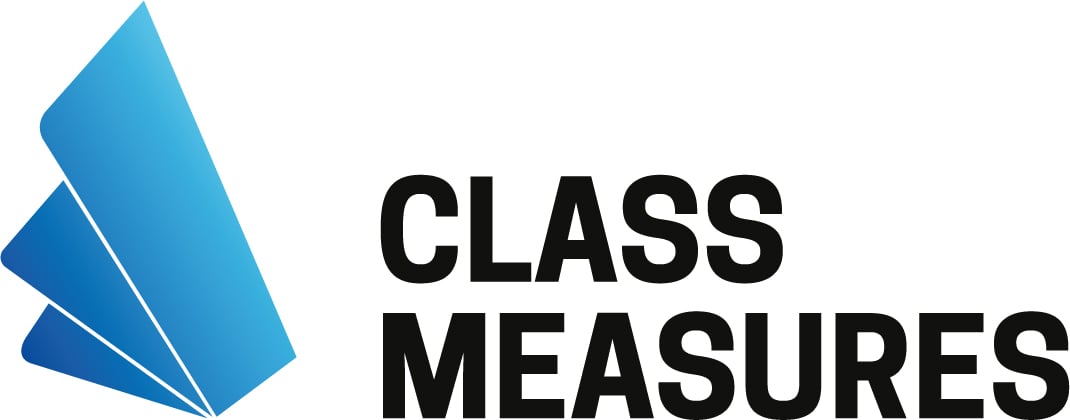How Clover Park School District addressed the needs of their schools and leaders to prioritize the development of teachers to meet the needs of every student.
“Without question, instructional coaches need to partner with teachers to provide the supports that empower teachers to implement new practices in ways that get results. But it's the results that matter, not the fidelity to process. By results I mean positive changes in student learning and well-being.”
-Jim /Knight, Educational Leadership
The complex work of teaching and learning
This acknowledgement of the complex work of teaching and learning strikes a new chord as schools and districts work to navigate remote instructional, hybrid teaching, and the myriad tools that schools are leveraging to make learning happen in a whole new context. Both in-person and on-line schools are recognizing the value of coaching and have begun investing in positions, training, and support to learn the art and science of instructional coaching.
Class Measures has been engaged in this work for over a decade and seen an exciting uptick in the past five years working with a variety of districts to increase the capacity of their teachers and coaches through instructional support, high-quality modeling, and student-level data analysis.
One such district is Clover Park, which includes twenty-three schools in the community of Lakewood, Washington. It’s a tight-knit community and many of the teachers and administrators grew up attending the schools they are now leading. The district serves a diverse community, and there are many families that have recently immigrated from Central America, while others are relocated military families serving at Joint Base Lewis-McChord, Army and Air Force Base. Though families are often new to the schools and area, the majority of teachers have spent their career in Clover Park.
Like many traditional public-school districts, most teachers associated observation and feedback with a formal teacher evaluation process. The Class Measures team started by laying out the distinctions between evaluation and coaching – both in the process and the desired impact.
Distinguishing Coaching from Evaluation
Fortunately, Clover Park had invested in previous Class Measures services and many of their teachers and leaders were trained in the Effective Learning Observation (ELO) process and had been using the observation protocol to promote peer observations among teachers and staff. By reviewing the data from those observations and scheduling a round of current observations, the Class Measures team had a healthy data set to begin coaching work. The ELO data focuses on which students are learning best and which could be learning better. Principals used this and student performance data to create targeted coaching relationships. Some teachers would be coached regularly by Class Measures consultants, (for an example see Miles’ story below) whereas others may only have two to three focused coaching conversations to work on a specific goal or skill (see Annamarie’s story below).
Following the initial data collection, we conducted another round of ELO observation, focused on the teachers they would be coaching. These initial observations and conversations are highly important as they often lead to a goal setting conversation in which the teacher self identifies where they’d like to improve learning and for whom. By keeping the conversation focused on specific students and how they learn best, teachers frequently uncover trends that apply to multiple students or groups of students. This naturally leads to a conversation about what the teacher might like to do differently within their relationships, planning, teaching practices, or professional development. Each of these improvement areas can grow through different coaching activities or a combination of them. Class Measures coaches are trained to create a coaching plan based on the teachers’ goals and the coaching tools that teacher is drawn to.
Coaching Tools
Coaching can include all or some of the following:
- Co-planning
- Co-teaching
- Co-observing
- Analyzing data / student work
- Action research
- Team building + collaboration
- Goal setting + monitoring
These coaching practices sound simple, and are, but they are difficult to do well. They’re difficult because they are rooted in a theory of change, which is to say they are designed to help people reflect on what they typically do, identify the ways it is, or is not, working, and then invite them to try new approaches. Practices must be led with appreciation, strong modeling, and authentic relationships. If not for that, it is easy to make teachers feel wrong, rather than continually inviting them into a process about improved learning – both adult and student learning, guided by data. As Jim Knight notes, “When professionals are told what to do and given no choice, the best possible outcome is likely compliance—and compliance is not enough to do the complex work needed in our schools.”
Examples of this complex work of both coaches and teachers are detailed in the four stories below:
Bridging cultural and academic learning to build student ownership 
Leveraging new teaching techniques to build nuanced language skills
Engaging in action research and building networks among educators
Supporting highly effective teachers to continue their growth
Coaching as a model of personalized learning
Schools are constantly engaged in discussions about the power of differentiation and creating personalized learning experiences. Leaders that get leverage with differentiation are those willing to model the level of commitment, time, and planning it requires. Strong school leaders know the needs of their staff, invite teachers to engage as learners, and identify the strengths and growth areas that staff members contribute to the school community. However, few school leaders have time to support individualized growth plans for all staff. Instructional coaching is one of the most powerful approaches for fostering and modeling the kind of targeted support we ask teachers to do every day. Leveraging Class Measures coaches to help in the ongoing work of teacher development, individualized support, and targeted goal setting has made a marked difference in the instructional outcomes in Clover Park.
Suzy Kontos, Director of Teaching and Learning at Clover Park School District, continues to model this commitment and hard work through the partnership between their district and Class Measures stating,
“Class Measures staff have gone above and beyond to work alongside our schools, ensuring that schools are leading the process and that the work aligns to each school's unique student population and priority goals.”
It is hard work to meet the needs of each learner and Class Measures coaches leverage their experience as teachers and leaders to take on that challenge. Our coaches work with educators at each level to support districts to look closely at the needs of schools; with leaders to prioritize the development of teachers; and with teachers, in turn, to meet the needs of every student.
For regular case studies, expert articles and school improvement resources, sign up to our blog below.




